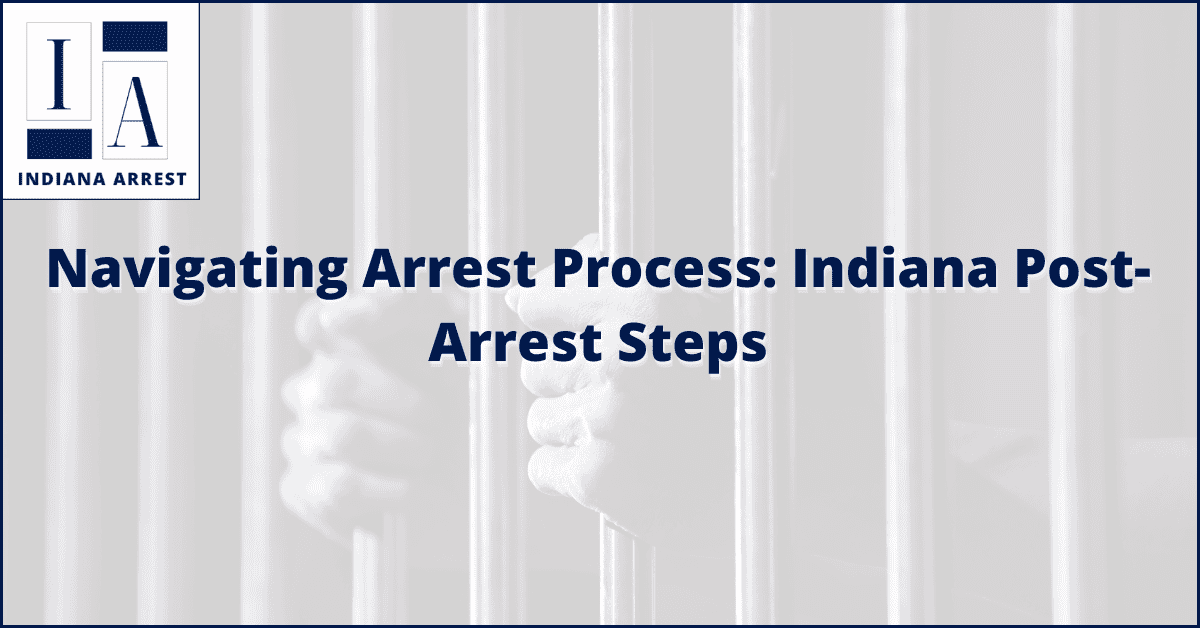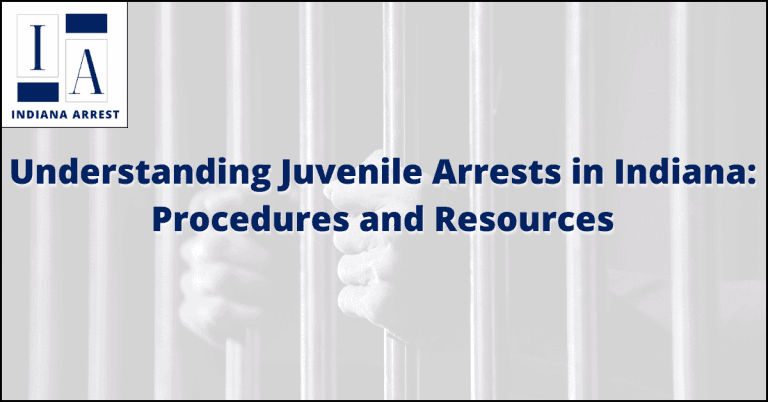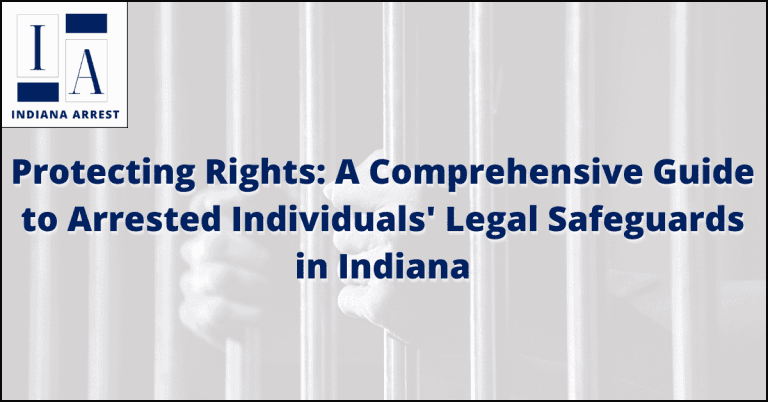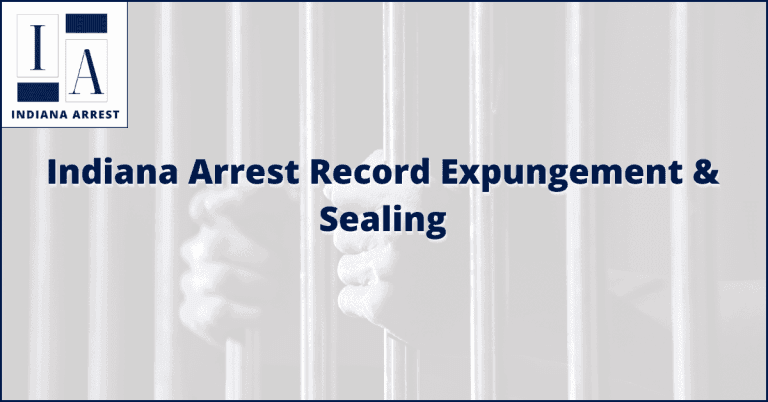Navigating Arrest Process: Indiana Post-Arrest Steps
Facing an arrest can be a daunting experience, and knowing what steps to take afterward is crucial. In Indiana, as in any state, understanding the post-arrest process can help individuals and their loved ones navigate the situation with greater clarity. This article delves into the important steps that follow an arrest in Indiana, providing insight into legal rights, processes, and options available to those involved.
After the initial shock of being arrested, individuals often find themselves uncertain about what comes next. The state of Indiana has a well-defined process that ensues following an arrest, designed to safeguard the rights of the accused while adhering to legal protocols. Navigating this process requires a combination of legal awareness, timely actions, and informed decision-making.
Navigating the Indiana Arrest Process
From the moment of arrest, individuals in Indiana have certain legal rights that must be upheld by law enforcement. These rights include the right to remain silent, the right to an attorney, and the right to know the charges being brought against them. Understanding these rights is essential to protecting oneself during the post-arrest process.
Initial Booking and Processing
Following an arrest, the arrested person is typically taken to a law enforcement facility for booking and processing. This involves recording personal information, taking fingerprints, and creating an arrest record. Understanding this step can demystify the initial phase of custody and alleviate anxiety during the process.
Posting Bail or Bond
One of the crucial decisions after an arrest is whether to post bail or bond. Bail is the amount of money set by the court as security to ensure the accused appears in court. Bond is a type of surety where a bail bondsman assists in paying the bail amount. Exploring the options available and understanding the implications can help individuals make informed choices.
Legal Counsel: The Role of Attorneys
Seeking legal representation is a fundamental right after an arrest. Attorneys play a pivotal role in guiding individuals through legal proceedings, explaining potential outcomes, and protecting their rights. Choosing the right attorney is critical to building a strong defense strategy.
Arraignment and Charges
During the arraignment, the accused is formally charged, and they enter a plea. It is essential to understand the charges brought against you and the implications of different pleas, whether guilty, not guilty, or no contest. This step sets the stage for the subsequent legal proceedings.
Pretrial Proceedings and Options
Before the trial, various pretrial proceedings may occur, such as hearings to address evidence and motions. Additionally, alternatives to trial, such as plea bargains or diversion programs, might be considered. Understanding these options and their potential impact is vital for making informed decisions.
Trial and Sentencing
If the case proceeds to trial, both sides present their evidence, and a judge or jury makes a determination of guilt or innocence. If found guilty, the sentencing phase follows. Knowing what to expect during the trial and understanding the possible sentencing outcomes is crucial.
Appeals and Post-Conviction Relief
If convicted, individuals have the right to appeal their case to a higher court. New evidence or errors during the trial can be grounds for an appeal. Post-conviction relief provides a mechanism to challenge a conviction based on constitutional violations or new evidence. Knowing the avenues for appeals and relief is essential for those seeking to challenge their convictions.
FAQS
What happens immediately after an arrest in Indiana?
After an arrest in Indiana, the individual is typically taken to a local police station for booking, which includes recording personal information, taking fingerprints, and photographing the suspect. They may be held in a detention facility while awaiting a bail hearing, where the judge determines if bail is applicable and sets the amount. It’s crucial to remain calm and seek legal representation as soon as possible.
What are the steps to secure bail after an arrest in Indiana?
To secure bail in Indiana, the following steps are usually followed:
- Bail Hearing: The arrested individual will attend a bail hearing where a judge sets the bail amount.
- Posting Bail: Bail can be posted using cash, a bail bond, or property. Bail bondsmen typically charge a non-refundable fee (usually 10% of the bail amount) to post bail on behalf of the accused.
- Release: Once bail is posted, the individual will be released from custody with the requirement to attend all court hearings and comply with any conditions set by the judge.
Make sure to consult with a lawyer to understand the specific conditions and requirements associated with your case.
Can I refuse to answer questions from the police after being arrested in Indiana?
Yes, you have the right to remain silent. You can choose not to answer questions without an attorney present to avoid self-incrimination.
What factors determine the bail amount after an arrest in Indiana?
Bail amount is influenced by the severity of the charges, criminal history, flight risk, and ties to the community. A judge considers these factors when setting bail.
Can I appeal a conviction in Indiana if new evidence emerges?
Yes, if new evidence that could significantly impact your case comes to light, you can file an appeal. However, there are specific procedures and deadlines that must be followed.







